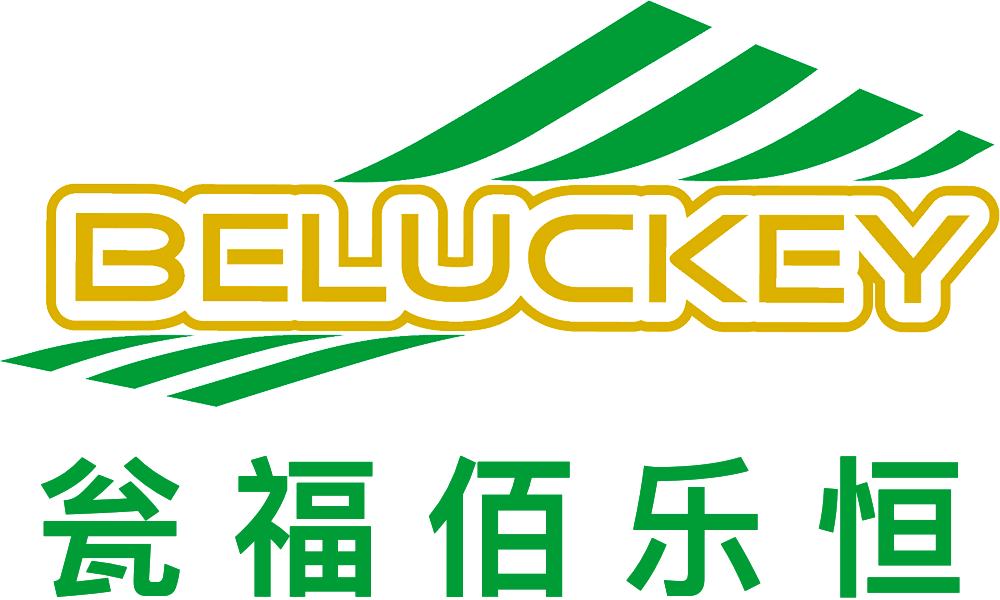Principles of using food additives
- Categories:Industry news
- Author:
- Origin:
- Time of issue:2021-04-08 10:35
- Views:
Principles of using food additives
- Categories:Industry news
- Author:
- Origin:
- Time of issue:2021-04-08 10:35
- Views:
1. Standards for the use of food additives
Food additives refer to chemically synthesized or natural substances added to food for the purpose of improving the quality and color, aroma and taste of food, as well as for the needs of anti-corrosion and processing technology. Due to the rapid development of the food industry, food additives have become an important part of the modern food industry, and have become an important driving force for technological progress and technological innovation in the food industry. In the use of food additives, in addition to ensuring its proper function and role, the most important thing is to ensure the safety and sanitation of food. In order to regulate the use of food additives and ensure the safety of the use of food additives, the National Health and Family Planning Commission, in accordance with the relevant provisions of the Food Safety Law of the People's Republic of China, formulated and promulgated GB2760 "National Food Safety Standards for the Use of Food Additives." The standard specifies the types of additives allowed to be used in food, and specifies the scope and amount of use in detail.
1. Principles of using food additives
(1) Food additives should meet the following basic requirements when used:
①It should not cause any health hazards to the human body.
②The spoilage and deterioration of food should not be covered up.
③Should not cover up the quality defects of the food itself or in the processing process, or use food additives for the purpose of adulteration, adulteration, or forgery.
④ The nutritional value of the food itself should not be reduced.
⑤On the premise of achieving the expected results, reduce the amount of use in food as much as possible.
(2) Food additives can be used in the following situations:
①Maintain or improve the nutritional value of the food itself.
②As a necessary ingredient or ingredient of some special dietary foods.
③Improve the quality and stability of food and improve its sensory characteristics.
④It is convenient for the production, processing, packaging, transportation or storage of food.
(3) Food Additive Quality Standard
Food additives used in accordance with this standard shall meet the corresponding quality specifications.
(4) Bringing in principle
① Food additives can be brought into food through food ingredients (including food additives) under the following conditions: the food additives are allowed to be used in food ingredients; the amount of the additives in food ingredients should not exceed the maximum allowable usage; it should be in normal production These ingredients are used under process conditions, and the content of the additive in the food should not exceed the level brought in by the ingredient; the content of the additive brought into the food by the ingredient should be significantly lower than the usual need to add it directly to the food s level.
②When a certain food ingredient is used as the raw material of a specific end product, the additives approved for the specific end product mentioned above are allowed to be added to these food ingredients, and the amount of the additive in the final product shall meet the requirements of this standard. The label of the specific food ingredient should clearly indicate that the food ingredient is used for the production of the above-mentioned specific food.
2. Regulations on the use of food additives
(1) When food additives with the same function (same color and coloring agent, preservatives, antioxidants) are mixed and used, the sum of the proportions of their respective amounts to the maximum amount of use shall not exceed 1.
(2) The use of additives in food should comply with relevant regulations. At the same time, these food categories shall not use the food additives permitted in the prescribed food categories at the higher level.
2. Which additives are not allowed to be added to food
In the process of green food production and processing, A and AA products can use food additives depending on the product itself or production needs. In AA green food, only natural food additives are allowed, and artificial chemistry is not allowed. For synthetic food additives, artificial chemically synthesized food additives can be used in Grade A green food, but the following products must not be used:
Potassium ferrocyanide, 4-hexylresorcinol, sulfur, potassium aluminum sulfate, ammonium aluminum sulfate, erythrosine, erythrosine aluminum ingot, new red, new red aluminum ingot, titanium dioxide, caramel color (sub Ammonium sulfate method, produced by adding ammonia), sodium sulfate (potassium), sodium nitrite (potassium), Span 80, Span 40, Span 20, Tween 80, Tween 20, Tween 40, Benzyl peroxide Acyl, potassium bromate, benzoic acid, sodium benzoate, ethoxyquin, sec-butylamine, cinnamaldehyde, thiabendazole, hydrogen peroxide (or sodium percarbonate), acetol, diphenyl ether, sodium 2-phenylphenol Salt, 4-Phenylphenol, Glutaraldehyde, Triceramide, 2,4-Dichlorophenoxyacetic acid, Sodium saccharin, Sodium cyclamate.
Beluckey&Wengfu Technology Co., Ltd.
Tel:+86-028-85953500
Fax:+86-028-85953400
E-mail:info@beluckey.com
Address:N2 1409, Global Center, High-tech Zone, Chengdu City, 610041, China

Copyright © 2020-2023 en.beluckey.com All rights reserved.
琼ICP备2021003430号-1 power by:300.cn·chengdu








